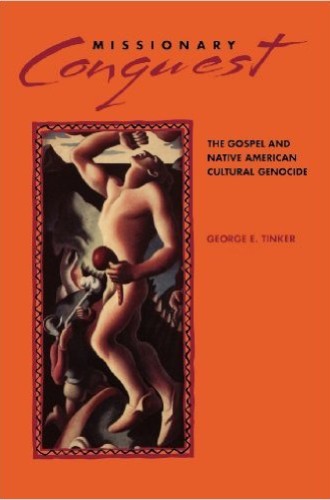Canaan at the margins
The Century invited people to comment on their favorite book of the Bible and a book that has helped them appreciate or understand the biblical text. All of the responses are linked here.
To read any biblical book is to read through the eyes of one’s culture, imposing upon the text the social location of the bibliophile. All too often, readers, confusing their subjectivity with objectivity, make their interpretation normative for everyone else. To read the Bible from the margins means to read the text through the eyes of the Other, specifically the disenfranchised who reside on the underside of the dominant culture.
For example, when I read the book of Joshua, legitimized as a book of liberation where God enters history and leads the oppressed slaves to the promised land, it is easy for me to miss God’s call for genocide (6:21). This is why it is important to read Joshua through the lenses of cultures different from my own, like George Tinker’s classic Missionary Conquest. Tinker provides us with the voice of the Canaanites, raising concerns about a God who justifies land theft and genocide. I am forced to wrestle with my preconceived notions of God as I read myself in the story of the immigrant slaves instead of recognizing, as Tinker elucidates, that for the indigenous people of the land—then and now—the God I follow toward liberation is the same God who brings people much death and misery.






